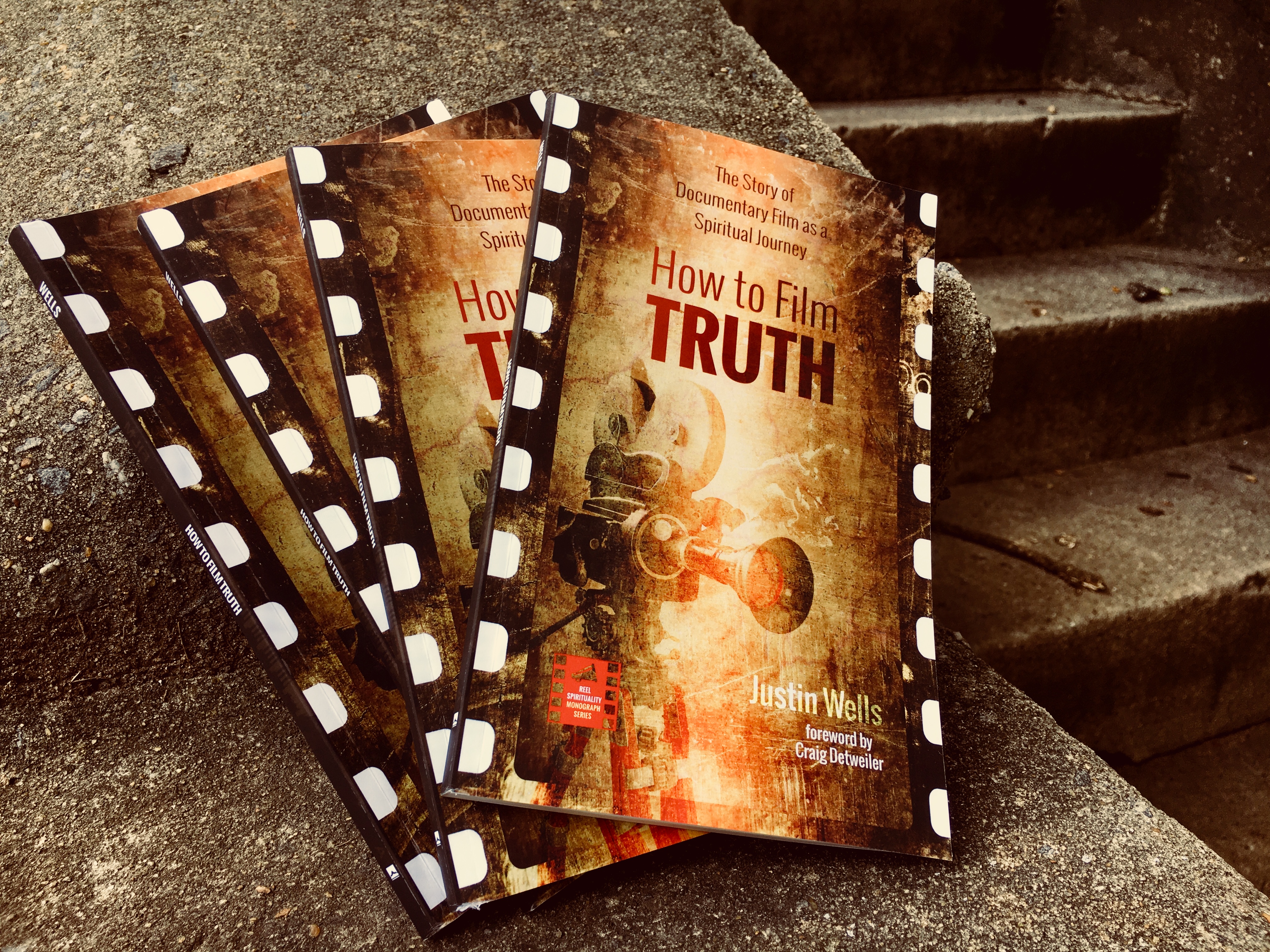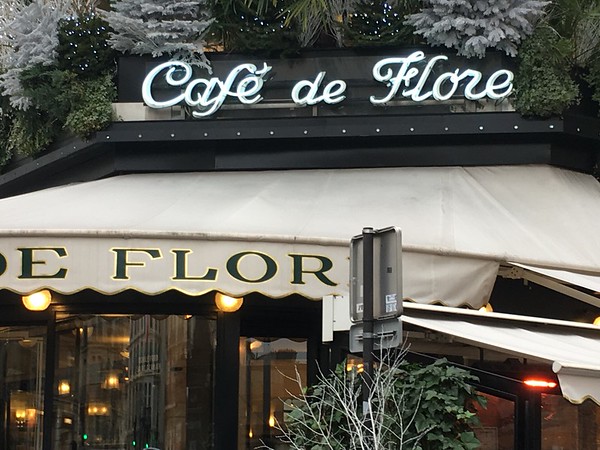What I’m Working on in Paris
Hey all, in the spirit of author and creativity consultant Austin Kleon’s notion of “showing your work,” I thought I’d update you all on what I’m up to here in Paris. My documentary, The Space of Our Time is about urban planning, or more specifically about how the design of our environment affects quality of life. How does it, for example, affect community, daily habits and overall happiness? Much of my high school and undergrad leisure time for example, was spent in parking lots. The project evolved into a kind of comparison between European living and quality of life relative the design of these older, more compact and organic cities, and the “modern” car−centric design of most American cities. In the course of my interviews, I encountered a lot of people talking about a French architect named Le Corbusier, who in the 1920’s advocated for his “Plan Voisin” or “Radient City.” For this, he proposed the demolition of two square miles of downtown Paris in favor of this. That would have been 18 glass towers (full of office space) set up on a uniform, gridlike pattern, with large swatch of grassy park area in between, and […]

